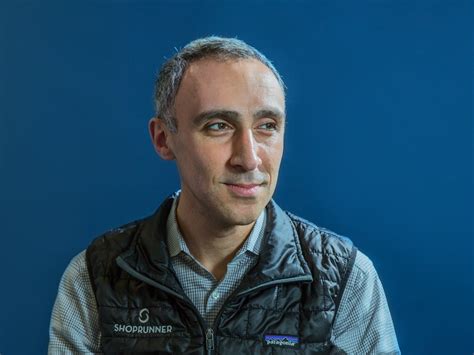A Quote by Malcolm Gladwell
The willingness to be self-critical in England is much greater than the willingness to be self-critical in America.
Quote Topics
Related Quotes
This is a critical time in American history. [Donald's Trump] strength is willingness to stand up to political conventions, take on Republican and Democrat leaders, and, in effect, do so in defense of the legitimate interest of people who make less than median income in America, is the key to victory.
The list of qualities (an investor should have) include patience, self-reliance, common sense, a tolerance for pain, open-mindedness, detachment, persistence, humility, flexibility, a willingness to do independent research, an equal willingness to admit mistakes, and the ability to ignore general panic.
All efforts at self-transformation challenge us to engage in on-going, critical self-examination and reflection about feminist practice, and about how we live in the world. This individual commitment, when coupled with engagement in collective discussion, provides a space for critical feedback which strengthens our efforts to change and make ourselves anew.
For Fanon, becoming actional is connected to his idea of a new humanism, which is explicitly critical of European humanism so intimately connected with colonialism. So, it is not simply about finding new concepts from anywhere, but being both critical and self-critical and also being very open to what is happening on the ground.



































